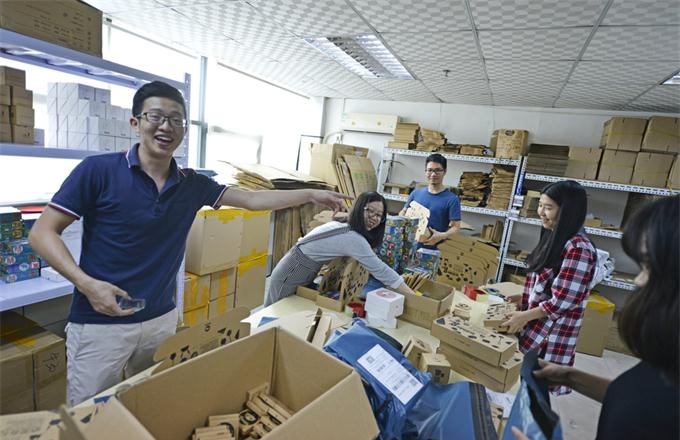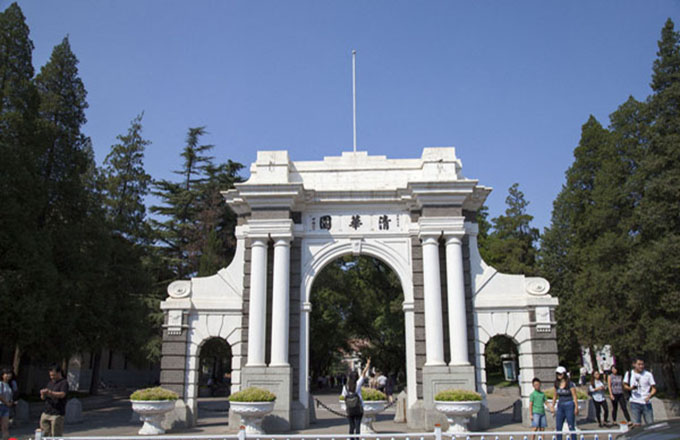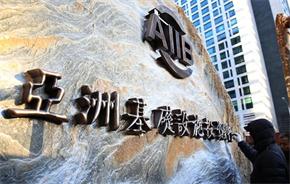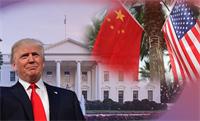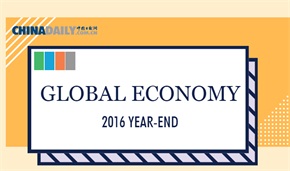China and US would gain from ditching of zero-sum mentality
By Chen Weihua (China Daily) Updated: 2017-03-03 07:20
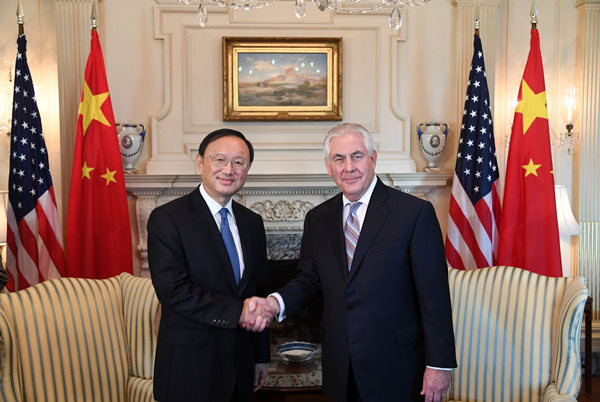 |
|
Chinese State Councilor Yang Jiechi meets with US Secretary of State Rex Tillerson on Feb 28, in Washington. [Yin Bogu / Xinhua] |
A zero-sum mentality, which refers to game theory in which a gain for one side means an equal loss for another, has dominated the thinking of some when they look at China-US relations.
When US President Donald Trump released his new budget this week to greatly increase the defense spending by partly slashing State Department funding, some in the West were quick to conclude that this was a win for China. They claimed that the retreat of US diplomacy would allow China to expand its influence.
There has also been discussion in the United States about whether Trump's protectionist and isolationist policy equals a greater leadership role on the world stage for China.
For years, we have heard that China's growing investment and trade in Africa and Latin America means it will eclipse the US' influence in those regions.
Such zero-sum thinking is harmful, especially when they poison the thinking of pundits, journalists and government officials.
Episode 12 of Madam Secretary Season 3, a fictional TV series, features Secretary Elizabeth McCord jostling with a Chinese diplomat for business deals in Togo and other parts of Africa. In real life, former US secretary of state Hillary Clinton implied in 2011 during her tour to the continent that China's activities in Africa are neocolonialism.
Her zero-sum mindset aside, the comparison is a total disconnect from reality as I saw for myself during a trip to Ethiopia in 2014.When I recently asked David Dollar, a senior fellow at the Brookings Institution who has done extensive research on Chinese activities in Africa, he said it was mistake to use that phrase and, in some ways, it's insulting to African countries.
China is not perfect and it is still a learning process for many Chinese enterprises to operate overseas. But to dismiss their wonderful work in building infra-structure, investing in manufacturing and creating jobs in Africa reflects a zero-sum mindset.
China was playing a growing international role long before Trump took office. China has been the main engine for global growth for decades. It is one of the largest contributors to UN peacekeeping operations. The Asian Infrastructure Investment Bank and the Belt and Road Initiative (the Silk Road Economic Belt and the 21st Century Maritime Silk Road) help regional connectivity and development. The list goes on.
The US should applaud the greater role being played by China, after it has been calling for just that for years. In 2005, for instance, Robert Zoellick, then US deputy secretary of state, urged China to become a responsible stakeholder, and a few years ago the previous president Barack Obama blindly accused China of being a "free rider".
That said, it is inevitable that China will play a larger role given that it has become the world's second largest economy, the largest trading nation and is still the most populous country. Other emerging economies are also playing bigger roles.
China is not interested in leading the world alone, and since it is still a developing nation it cannot lead the world alone. As an established world power, the US should be more accommodating to the rise of China. The Trump administration should not adopt the mindset that Obama exhibited when he tried to prevent the US' allies from joining the AIIB.
China and the US both would be the winners if they help African development, Asian connectivity, and work together to address global climate change and ensure world peace. They must not look at each other as a zero-sum game.
The author is deputy editor of China Daily USA. chenweihua@chinadailyusa.com
- 45 years after Shanghai Communiqué: More mature China-US ties
- Seeking common ground still key for China-US ties
- Chinese State Councilor urges China, US to step up ties
- Hopes pinned on potential China-US meeting
- Xi-Trump phone talk a good first step in fostering China-US dialogue
- US ambassador to China nominee says to work to enhance China-US ties

